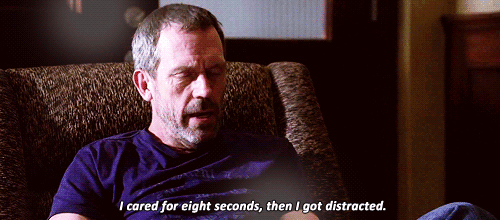By Deborah Frediani
It‘s no secret that our job as emergency medical responders is a difficult one. We see the worst of the worst, and yet we are expected to just get over it and move on with our work and our lives.
Only in the last couple of years has the topic of burnout really been addressed by agencies. It is unfortunate that it took this long for this serious trend to be addressed. Lives have been lost due to this work-related plague.
Our own community in Boise, Idaho was shaken by two paramedic suicides within six months of each other in 2014 and 2015. Brian and Donna both worked for Ada County Paramedics at the time of their deaths. Although this has been a hush-hush topic in the past, a meeting was organized to discuss this shocking trend and to try to come up with some solutions to prevent this in the future. To date, work-life balance therapy has been implemented along with supervisors and medics closely looking out for each other.
The following are five signs/symptoms of burnout to watch for in yourself and work partners:
1. Difficulty concentrating on everyday tasks.

You find it difficult to remember or finish normal everyday tasks and to remain focused on these tasks. I can relate to this, especially after a very bad call. Every detail of the experience replays itself over and over in your head, and you can‘t focus on anything else.
2. Feeling exhausted, even after resting.
No matter how much you sleep or rest on your down time, you always feel tired or worn out. I remember feeling exhausted all the time. No matter how much sleep I got, it still wasn‘t enough. I began practicing meditation and swimming, which helped a lot. I was in high-anxiety mode all of the time it seemed and the swimming helped me relax. I still meditate and swim almost every day.
3. Nightmares or flashbacks.
Graphic images of bad calls or other traumatic events keep popping into your mind throughout your shift or when you are trying to sleep or rest, causing even more sleep deprivation. Believe me, we all have experienced this at one time or another. It may be one particular event or call or snippets of numerous ones.
When the flashback happens, I learned that you have to remind yourself that you are in the here-and-now. That you are safe and that it is only a memory. I also found journaling immediately following a flashback or nightmare helped me address those inner demons I fought so hard to forget. Little by little the images became less frequent. Very seldom do I have them anymore.
4. Loss of interest in normal activities.
You tend to withdraw from activities and people you used to enjoy because they just “don‘t feel right.” Your sense of enjoyment decreases and you may feel that withdrawing is best for yourself and your loved ones. This was a big issue for me near the end of my career. I have always been very family-oriented and loved family gatherings. But besides the sheer exhaustion, I was battling major depression brought on by work and a highly-stressful home environment from an abusive marriage. I had a love for cooking/baking and flower gardening and in the end, I did very little of those. Since my retirement, I have gotten back my desire to live again.
5. Difficulty sleeping.
There are times when we close our eyes that certain images revisit us over and over again. These images can be from a bad call or another traumatic event that has been burned into our mind. Needless to say, it is hard to relax or get a good night‘s sleep when you are continually haunted by these images. With a heavy workload on the ambulance plus the hospital, it became very difficult for me to relax enough to actually sleep—I would sleep in short, shallow intervals. This went on for years until it began taking a toll on my health. At the end of my career, I had two episodes of stress-induced chest pain. The doctor basically told me I needed to make some lifestyle changes or it would kill me.
Burnout and PTSD are closely linked and are most often unreported in EMS.
One problem seems to be that our EMT classes fail to prepare providers for the emotional stresses of emergency response. We are expected to be “thick-skinned,” which prevents providers from seeking the help they need.
There are resources available to help. I would first speak with your supervisor or a co-worker and explain what is going on.
I want to remind you to be aware of yourself and your coworkers, especially after a “bad call.” Don‘t ever be afraid to ask for help. Stay safe out there gang!
About the author
This is a post by former EMT Deborah Frediani. Check out her Facebook page.


